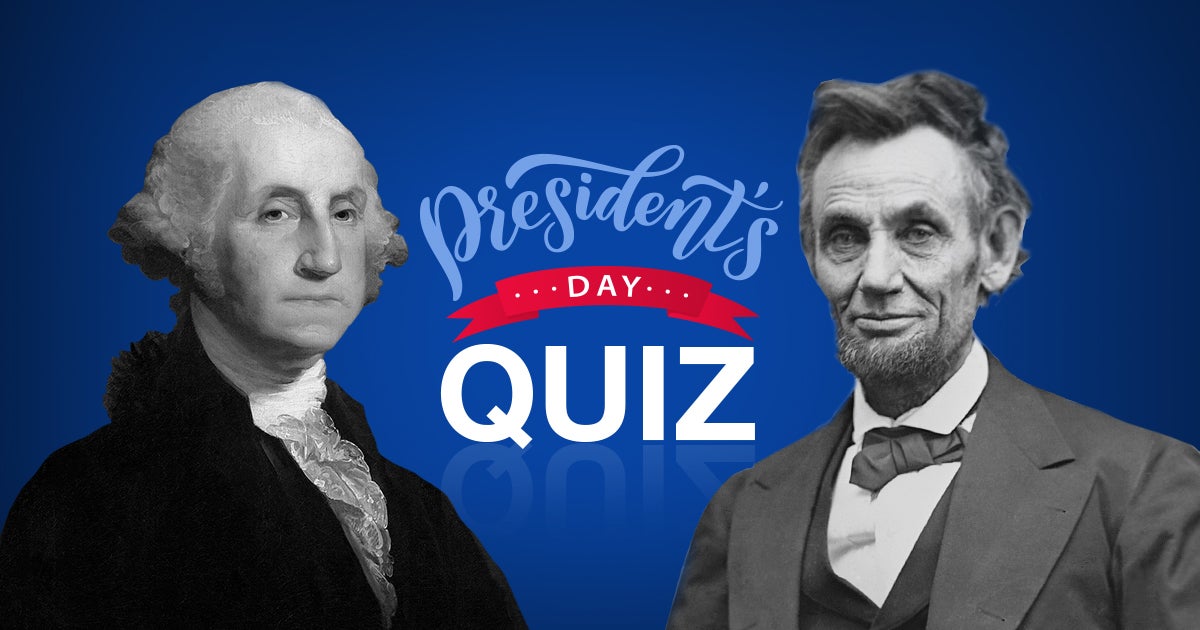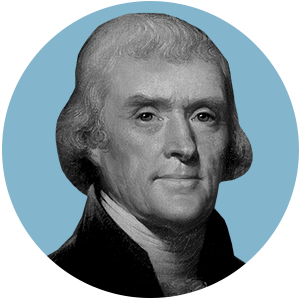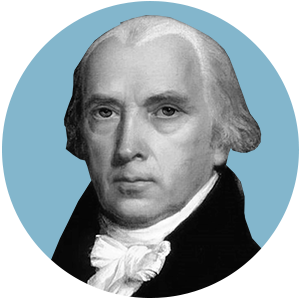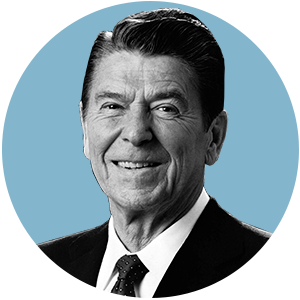
by Jorge Gomez • 5 min read + quiz
Pledging to protect and defend the Constitution is the most essential part of a U.S. President’s job…and protecting our nation’s founding document means safeguarding the First Freedom outlined in the Constitution—religious liberty.
In honor of President’s Day, we compiled a list of the U.S. presidents who best championed religious freedom.
 |
GEORGE WASHINGTON (1789-1795))
As General of the Continental Army, George Washington helped establish the US Army Chaplain Corps, which continues to meet the spiritual needs of American military members to this day. Washington personally favored Anglicanism, but promoted religious tolerance. For example, he reproached soldiers engaging in anti-Catholic behavior. As President, he wrote to the Hebrew Congregation of Newport, Rhode Island assuring them that the government “gives bigotry no sanction” and “persecution no assistance.” He made similar assurances to Baptists, Quakers, and others. |
 |
JOHN ADAMS (1797-1801)
John Adams wrote extensively on theology and the importance of religious belief in securing freedom. When British authorities encroached on liberties Adams saw as exclusively derived from God, he supervised the writing of the Declaration of Independence, which states that all rights come from God. As President, Adams continued the strong policy of religious liberty begun by Washington. |
 |
THOMAS JEFFERSON (1801-1809))
The debate over Thomas Jefferson’s alleged deism obscures more important facts about his role as a champion of religious liberty. For one, Jefferson had no problem with the federal government being informed by, and encouraging, religious activity in society. He believed religious activity to be beneficial to America, and adamantly opposed federal interference in religious free exercise. What about his famous “wall of separation between church and state” phrase? Today it’s often taken out of context and misused. Jefferson was actually saying the “wall” must keep government from interfering with religious exercise. |
 |
JAMES MADISON (1809-1817)
The “Father of the U.S. Constitution” believed government should be informed by human nature. Madison himself believed that people are made in God’s image and endowed with dignity and rights—and yet imperfect and not to be trusted with power. From that view came the checks and balances in American government, which are vital to religious liberty. |
 |
ABRAHAM LINCOLN (1861-1865)
Lincoln might make the Honor Role for his Second Inaugural Address alone—essentially, a sermon on God’s sovereignty, now etched in stone at the nation’s most visited memorial. Lincoln advanced religious liberty by openly discussing theological matters from the White House. His example defies arguments that religion and state were radically separate in U.S. history. |
 |
RONALD REAGAN (1981-1989)
Considered the first conservative Christian president to serve in the era of secular modernism, Ronald Reagan bolstered traditional moral values and achieved several victories for religious freedom. For example, he:
|
 |
BILL CLINTON (1993 – 2001)
In 1993, Bill Clinton signed one of the most important religious freedom laws in modern American history: The Religious Freedom Restoration Act (RFRA). For over 25 years, RFRA has been a cornerstone federal law for people of faith. The law says the government must accommodate people’s religious practices when possible, and gives citizens their day in court if the government violates their rights. Additionally, Bill Clinton signed two other important religious freedom laws:
|